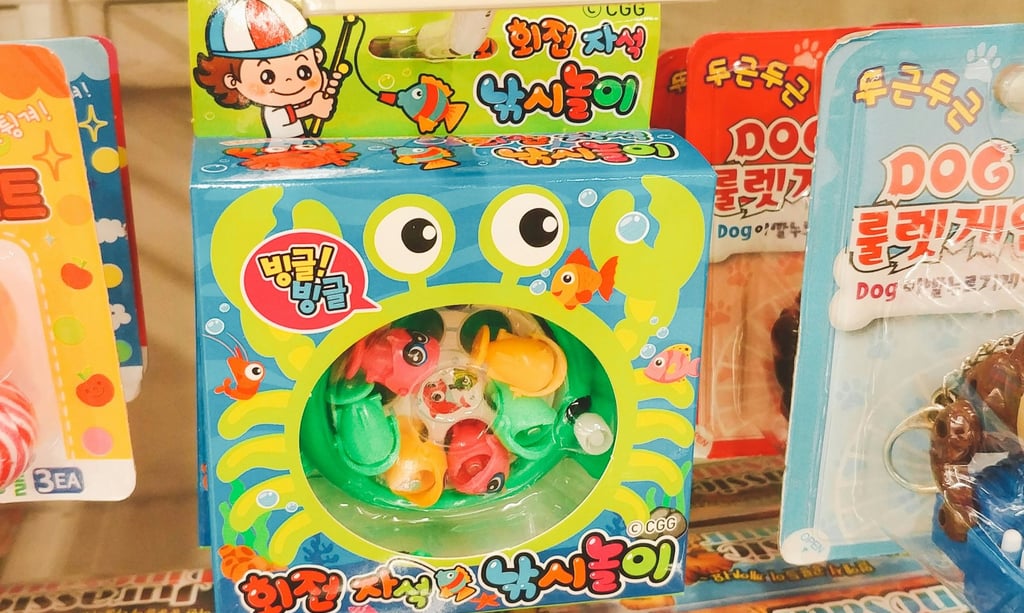Tariffs Drive Up Baby Gear Prices by 24% in Just Two Months
LATEST


The cost of essential baby gear has risen sharply in recent weeks as a result of President Donald Trump’s evolving tariff policies. According to a new analysis by the minority arm of the Joint Economic Committee, the prices of five commonly purchased baby products—car seats, bassinets, strollers, high chairs, and baby monitors—increased by an average of 24%, or $98 in total, between April 1 and June 9, 2025. The analysis, which relied on data from the baby registry platform Babylist, highlights how quickly price shifts have occurred since Trump’s major tariff announcement on April 2.
The price hike is particularly concerning for new parents, who already face significant financial pressure when preparing for a new child. The study found that, among the items tracked, the Graco SnugRide Lite LX Infant Car Seat saw the steepest jump, with a 44.8% increase over the two-month period. Other products also experienced notable hikes, ranging between 10% and 30%. These surges were calculated using price-tracking tools from sites like Keepa.com and Camelcamelcamel.com, and were based on best-selling listings on Amazon.
Companies Struggle with Tariff Uncertainty
Businesses have responded to the tariffs in different ways. Some companies, like Walmart and Target, have confirmed that they plan to raise prices on select goods. Others, including Best Buy and Costco, have already implemented increases to account for rising import costs. The impact has been especially pronounced in the baby gear sector, where the overwhelming majority of products are manufactured in China—97% of strollers and 87% of car seats, according to Babylist data.
Major baby gear brands such as Graco, Evenflo, and Summer by Ingenuity have not been immune to the effects. Executives from Newell Brands, which owns Graco, noted during an April 30 earnings call that they had already increased prices on baby gear by around 20% in anticipation of the tariffs. However, they contested some of the findings in the congressional report, arguing that certain price jumps were skewed by temporary promotional discounts on April 1.
The unpredictability of tariff implementation has left many companies in a bind. Some are attempting to absorb part of the cost to remain competitive, while others are passing those expenses on to consumers. For many businesses, the only options appear to be raising prices, reducing staff, or shutting down operations altogether.
New Parents Face a Nationwide Burden
The financial burden is not limited to a few isolated products or companies—it has become a nationwide issue. A broader Babylist analysis of 11 baby product categories, including items like diaper bags and bouncers, revealed that average costs for new parents have increased by approximately $400 between March 10 and June 3. When extrapolated using American Community Survey data, this translates to a collective $875.2 million in additional expenses for households with newborns across the United States.
Certain states are being hit harder than others. California parents are expected to face the largest total increase in baby-related costs, amounting to $100.3 million. Texas follows with $85.3 million, while Florida and New York round out the top four with $48.5 million and $48.4 million, respectively. The data illustrates how widespread and uneven the economic impact of the tariffs has become, especially for households already navigating the financial demands of parenthood.
